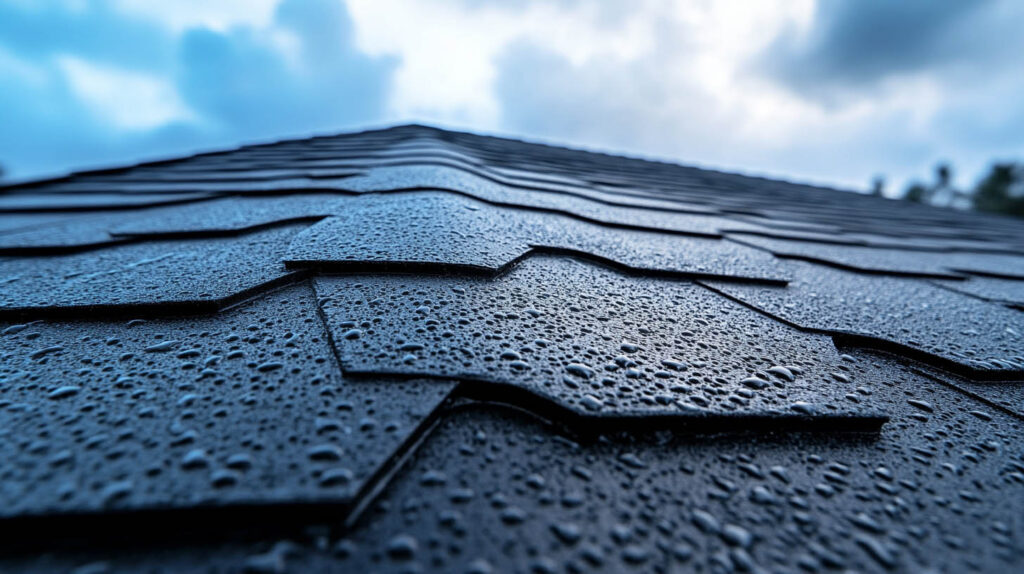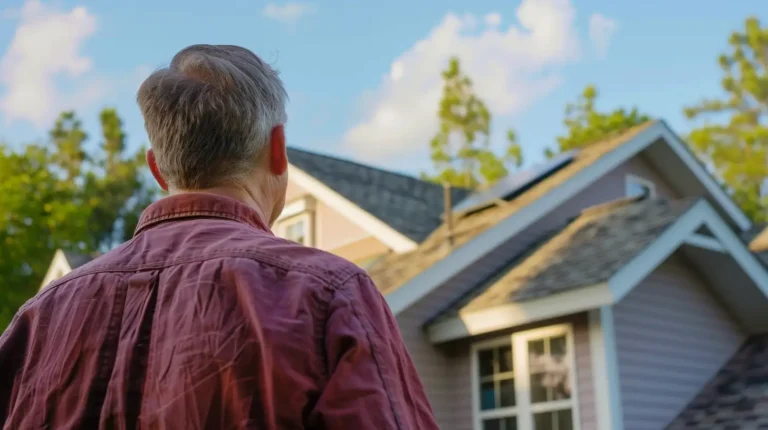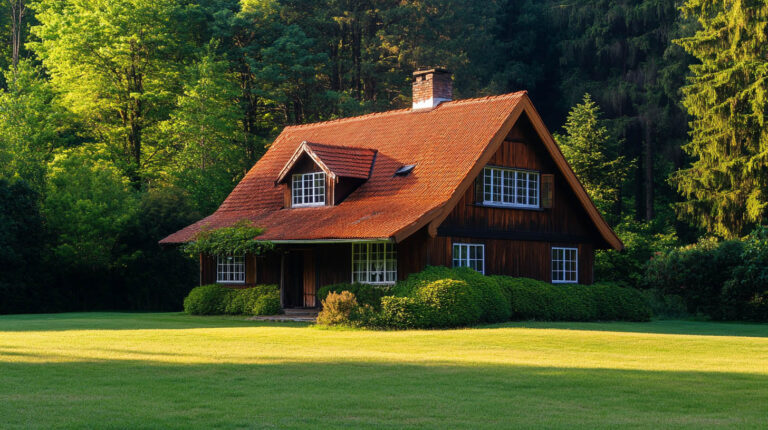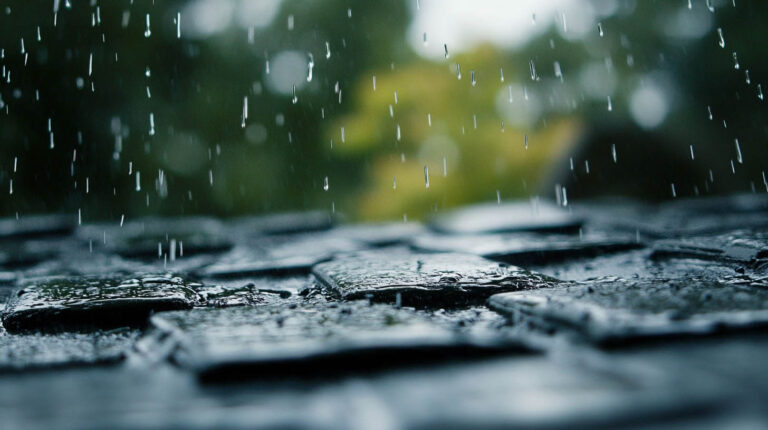
Blog
Maximizing Roof Longevity in Florida’s Humid Climate
Florida’s humid, storm-prone climate can accelerate roof wear, causing issues like mold, mildew, and structural weakening. Understanding how humidity impacts roofing and implementing preventive measures can extend your roof’s life and maintain your home’s energy efficiency. At Avenue Roofing, we provide homeowners with expert guidance on roofing solutions that withstand Florida’s unique environmental challenges.

Understanding Humidity’s Impact on Roofs
Common Humidity-Related Roofing Issues
- Mold and Mildew Growth: High moisture levels create an environment ideal for mold and mildew, which can damage roofing materials and reduce curb appeal.
- Algae Stains: Algae, a common issue in humid climates, often appears as dark streaks on asphalt shingles. Although not structurally damaging, it detracts from the roof’s appearance and may require regular cleaning.
- Water Pooling: Heavy rainfall can cause water to pool on flat or poorly draining roofs, increasing the risk of leaks and water damage.
- Heat Stress: Combined heat and humidity place added stress on materials, leading to premature degradation.
Choosing the Right Roofing Materials for Humidity
1. Asphalt Shingles
Asphalt shingles are cost-effective and versatile, suiting various architectural styles. However, they may require maintenance to prevent mold and algae growth.
2. Metal Roofing
Metal roofs are ideal for humid climates as they resist mold and algae. Metal reflects solar heat, enhancing energy efficiency and reducing cooling costs.
3. Tile Roofing
Tile roofing is durable and resistant to both mold and water damage, making it well-suited for Florida’s humid climate. While initially more expensive, tile roofs offer longevity and low maintenance, providing a return on investment.
Maintaining Roof Energy Efficiency
Proper insulation and ventilation are essential for maintaining energy efficiency in hot, humid climates.
- Insulation: High-quality insulation keeps indoor temperatures stable, reducing energy costs by lessening reliance on air conditioning.
- Ventilation: Adequate attic ventilation prevents heat and moisture buildup, reducing the risk of mold and mildew while protecting roof materials.
According to the U.S. Department of Energy, a well-insulated roof can lower cooling costs by up to 15%, making it a worthwhile investment.
Routine Maintenance for Longevity
Regular Inspections
Conduct roof inspections at least twice a year and after severe weather events. Identify early signs of damage, such as small leaks or algae growth, to prevent them from escalating into costly repairs.
Prompt Repairs
Address minor issues as they arise. Delaying repairs can lead to structural damage and water infiltration, especially during Florida’s rainy season.
Cleaning
Regularly cleaning the roof to remove debris helps prevent mold and algae buildup. Soft washing, a method that uses low-pressure water, is safe for removing stains without damaging roofing materials.
Interesting Fact: In high-humidity regions, regular roof maintenance can extend roof life by up to 25%, preventing issues caused by moisture and high heat.
FAQs on Roof Care in Humid Climates
Q1: How can I prevent algae growth on my roof?
Installing algae-resistant shingles or cleaning the roof regularly can prevent the buildup of algae streaks common in humid areas.
Q2: Which roofing material lasts longest in humid climates?
Tile and metal roofing typically last longer in humid climates due to their durability and resistance to mold and mildew.
Q3: Does roof insulation help with humidity?
Yes, insulation regulates indoor temperatures and prevents moisture buildup, reducing the chances of mold growth.
Q4: What should I do if I notice dark stains on my roof?
Dark stains are often algae. Soft washing or installing algae-resistant shingles can resolve this issue and keep your roof looking clean.
Q5: How often should I schedule roof inspections?
It’s best to schedule inspections twice a year, typically before and after hurricane season, to identify any potential damage.
Conclusion
Florida’s humid climate requires specific roofing materials, regular maintenance, and efficient insulation to maximize roof lifespan. With the right choices, homeowners can protect their roofs from humidity-related damage while reducing energy costs. Avenue Roofing provides expert solutions designed to withstand Florida’s climate, ensuring durable, energy-efficient roofs that enhance curb appeal and long-term value.
To learn more about safely clearing debris from your roof after storms, click here.



